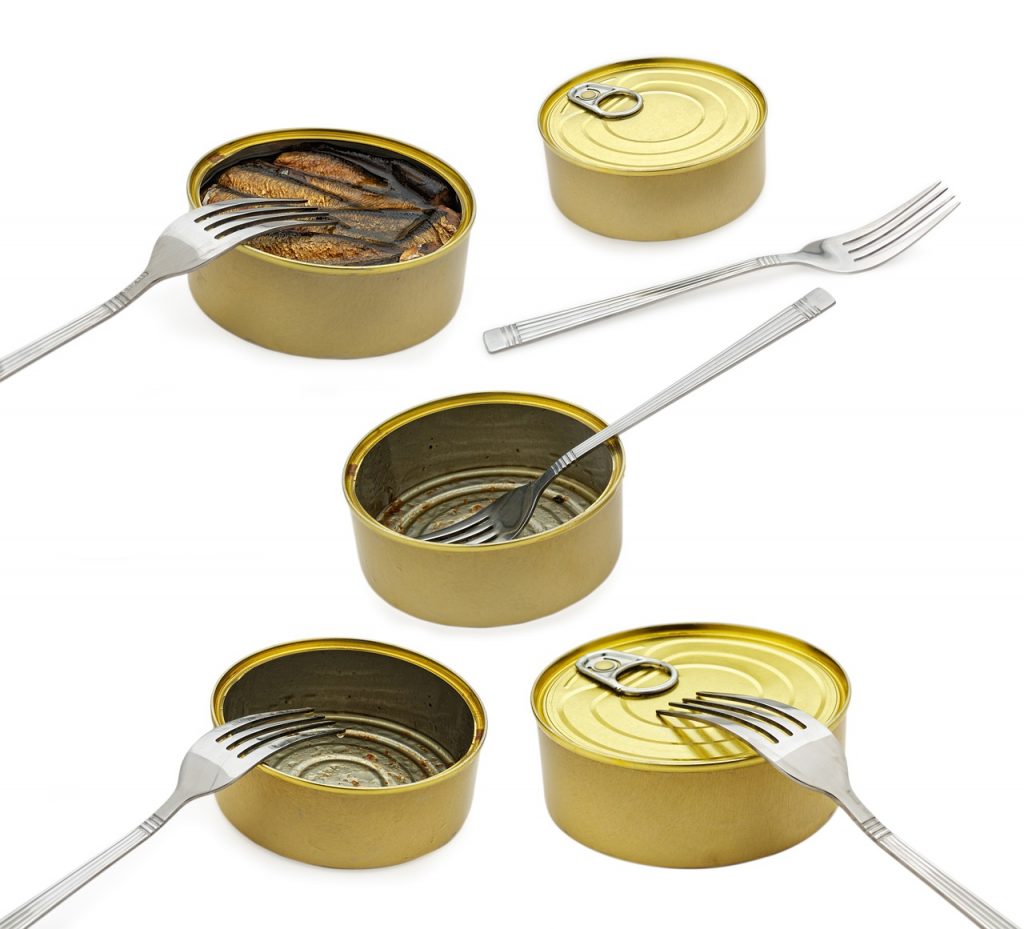In a supermarket, consumers are exposed to various stimuli and a wide range of product options offered by different manufacturers. It is rare to find a category monopolized by a single brand. Although large companies are recognized by large segments of the population as dominant in their niches, it is also true that there is a percentage of the market share covered by private labels.
The store or own brands are those that commercialize the points of sale to compete with the leading brands. Its main value offer in several cases is a more competitive price. However, on some occasions store brands manage to gain the loyalty of people for reasons such as quality and tradition; although these cases are rather the exception.
In recent months when the income of many families has been affected by the COVID-19 pandemic, private labels have played an interesting role by being a true alternative to traditional brands. Many people cannot just stop buying milk or toilet paper as they are basic satisfiers. Many times the solution to not interrupting the supply of such products is to resort to options of, perhaps, lower quality and price.
The effects of these changes in shopping habits are ongoing at this time and represent a case study in market research. Not all consumer segments have the same approach to private labels. There are multiple factors that can prevent its consumption as are other alternatives to alleviate the decrease in supply with prestigious brands.
For example, in some scenarios, the acquisition of unbranded products can be a reason for signaling by neighbors and friends when recognizing in this practice a decrease in social status. In addition, there are prejudices towards these brands when considering them an option only for desperate cases. Some others may find huge differences in taste and durability in own brand products.
In contrast, there are the alternatives to continue consuming products from leading brands. For those who have the possibility, it is preferable to join price clubs to buy a wholesale shopping list. In other cases, there are smaller presentations of prestigious products that, although they do not usually represent the best volume / price ratio, allow consumption to continue sacrificing the amount consumed.
In any case, these behaviors can result in temporary patterns that, as soon as conditions allow, will be abandoned to resume previous consumption habits. Another group of people will make some of the new shopping habits their own. This will ultimately change the market share for many brands that may consider launching their secondary brands or partnering with large retail chains to supply them with these generic products. The strategy will depend on the local context and the agreements reached between brands and supermarket chains.
At Acertiva we have several years of experience studying the self-service stores segment. The issue of private labels is just one of the topics to understand within this segment. We invite you to write to us to know your needs. We are ready to put our experience at your fingertips so you can plan better sales and communication campaigns. What are you waiting for? We are waiting.

Short Link:
